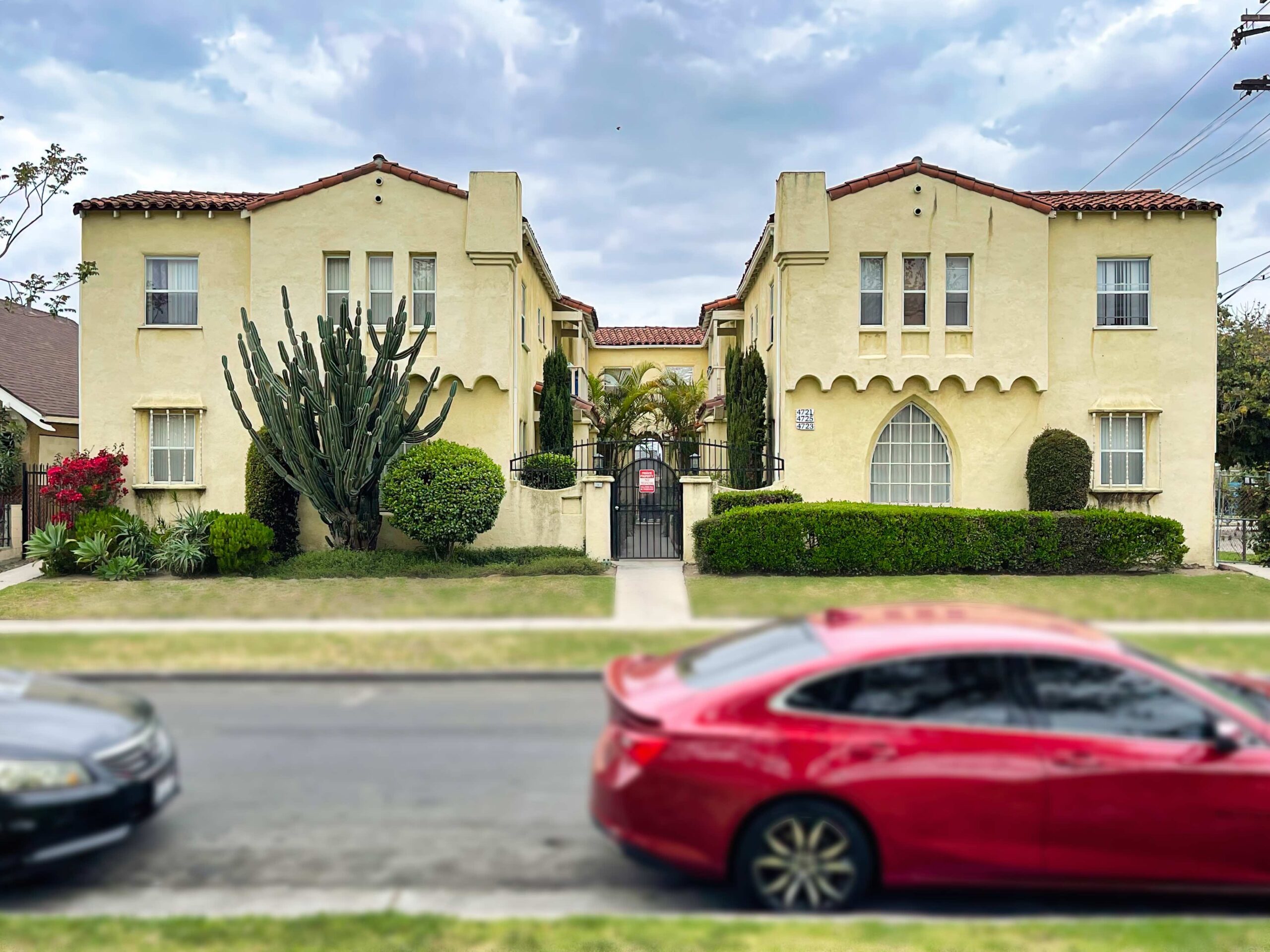By Iris Craige, Assistant Director of Policy and Advocacy
September 15 , 2025
On September 10, Los Angeles City Council unanimously passed reforms to the Systemic Code Enforcement Program (SCEP), marking a victory for the Keep LA Housed Coalition (KLAH), which SAJE helps lead.
For the past few months, KLAH has been advocating for meaningful change to SCEP after the Los Angeles Housing Department’s much-anticipated report-back was released in July. SAJE members have long emphasized the need for stronger enforcement, deeper tenant protections, and real mechanisms for landlord accountability as necessary to ensure healthy and dignified rental housing.
What Is SCEP?
SCEP is Los Angeles’s proactive, primary tool for ensuring rental housing is safe and habitable. First adopted in 1988, it applies to all rental housing with two or more units. Under SCEP, LAHD must conduct inspections on qualifying units once every four years. If violations are found, the landlord has 30 days to make repairs, with the opportunity to request up to two 30-day extensions. If violations remain unresolved, LAHD can take further action, such as putting the property into REAP (Rent Escrow Account Program) or pursuing civil or criminal litigation.
To fund SCEP, the city charges an annual fee of $67.94 per rental unit. Landlords are allowed to pass through 50% of this fee onto tenants, which comes in the form of a $2.83 month surcharge on top of rent.
What Did We Win?
- What We Asked For: Better Inspection Notices
Advance notice about inspections, exact inspection dates, and clear information about what inspections involve.
What We Got: Council will implement a standardized process to inform tenants at the start of a case, including public notices in common areas when a property enters REAP. But it’s still unclear how tenants will be directly contacted or whether they’ll receive the exact date of their inspections. - What We Asked For: Better Repairs
Ensure repairs are quality repairs, require before-and-after photos, and provide landlords with clear instructions.
What We Got: Council asked for clarification around LAHD’s photography process, which is a step toward better documentation. Still, this did not clarify or ensure required before-and-after photos, or licensed professionals to take the photos. - What We Asked For: Prevent Inspection Delays
Stop landlords from denying SCEP inspectors entry and delaying inspections.
What We Got: Council directed inspectors to explain to landlords and tenants that inspections are legally required. This does not ensure any penalties or consequences to landlords who will not allow entry. - What We Asked For: Language Justice
Notices, reports, and inspections should be in tenants’ primary language(s).
What We Got: Council instructed LAHD to prepare violation reports in tenants’ primary language “when known and available.” They hope to expand language justice outside of just Spanish and hope to expand to more “unique” languages. This falls short of what’s needed as there is no guaranteed plan for multiple notice, expanded translation, or interpretation during inspections. - What We Asked For: Fine Landlords
Impose fines on landlords for code violations, with penalties that escalate for repeat offenders.
What We Got: Nothing. The report back and committee amendments did not address fines. - What We Asked For: Strengthen Tenant Habitability Plans (THPs)
Require a THP every time a tenant has to move out for repairs.
What We Got: The city asked to report back within 180 days on the “feasibility and resources needed to implement a temporary relocation or mitigation program when intrusive and extensive repairs are required.” - What we Asked For: Mold and Lead Mitigation
What We Got: The committee directed LAHD to report back within 180 days with recommendations for resolving mold and lead-based paint conditions found during inspections.
We appreciate the improvements to SCEP advanced by the Housing and Homelessness Committee and adopted by council—many of which reflect KLAH’s recommendations. The progress we’ve made shows what is possible when renters advocate for laws that guarantee healthy and dignified housing. As the city moves to draft ordinance language, we hope it contains clear and enforceable mechanisms to ensure these commitments are fully implemented.

